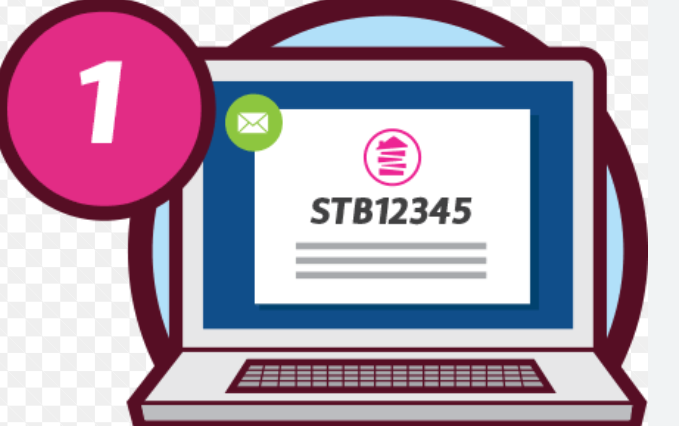Bitcoin, the world’s first decentralized digital currency, offers a unique and secure way to conduct financial transactions. At the heart of Bitcoin’s payment system are peer-to-peer transactions, which allow individuals to directly send and receive Bitcoin without the need for intermediaries. In this article, we will take a closer look at peer-to-peer transactions and explore their benefits and considerations.
Peer-to-peer transactions, also known as P2P transactions, enable users to interact directly with one another, without relying on a centralized authority or third-party service. Here’s how a typical Bitcoin peer-to-peer transaction works:
Sender Initiates the Transaction:
To send Bitcoin to another party, the sender’s Bitcoin wallet generates a transaction that includes the recipient’s Bitcoin address and the amount to be sent. The sender’s wallet digitally signs the transaction to verify its authenticity.
Transaction Propagation:
Once the transaction is signed, it is broadcasted to the Bitcoin network, where it is propagated to all the nodes. Nodes are computers participating in the Bitcoin network that maintains a copy of the blockchain. This propagation ensures that the transaction is distributed across the network and becomes visible to all nodes.
Transaction Confirmation:
Miners, who are participants in the Bitcoin network that validate and secures transactions, include the sender’s transaction in a block. This block is added to the blockchain, which is a public ledger that records all Bitcoin transactions. Miners compete to solve complex mathematical puzzles, and the winning miner adds the next block to the blockchain, confirming the transaction.
Receipt of Bitcoin:
Once the transaction is confirmed and included in a block, the recipient’s Bitcoin wallet reflects the received funds. The recipient now has full control over the Bitcoin and can use it for further transactions or store it securely.
Benefits of Peer-to-Peer Transactions:
Decentralization: Peer-to-peer transactions align with the decentralized nature of Bitcoin, eliminating the need for intermediaries such as banks or payment processors. This reduces dependency on centralized entities and empowers individuals to have direct control over their funds.
Security: Peer-to-peer transactions leverage cryptographic algorithms to ensure the security and integrity of the transaction process. Each transaction is digitally signed and verified, making it tamper-proof and resistant to fraud.
Privacy: Peer-to-peer transactions offer a level of privacy by allowing users to transact directly without revealing their identities. While transactions are recorded on the public blockchain, the identities of the users involved are not directly tied to the transaction, providing a certain degree of anonymity.
Considerations of Peer-to-Peer Transactions:
Network Scalability: As the number of Bitcoin users and transactions increases, the Bitcoin network’s scalability can be a challenge. Network congestion may lead to delays in transaction confirmations and higher transaction fees.
Trust and Security: While peer-to-peer transactions eliminate the need for intermediaries, users need to exercise caution and ensure the security of their wallets and transactions. It is essential to use reputable wallets, keep private keys secure, and verify transaction details before confirming them.
Adoption and Usability: Peer-to-peer transactions rely on both the sender and the recipient having Bitcoin wallets and understanding the transaction process. Widespread adoption and user-friendly interfaces are crucial for the seamless integration of peer-to-peer transactions into everyday life.
In short, peer-to-peer transactions lie at the core of bitcoin payments system, enabling individuals to transact directly without intermediaries. By leveraging cryptographic principles, peer-to-peer transactions offer decentralization, security, and privacy. While there are considerations such as scalability and usability, peer-to-peer transactions showcase the power and potential of Bitcoin as a decentralized digital currency.



